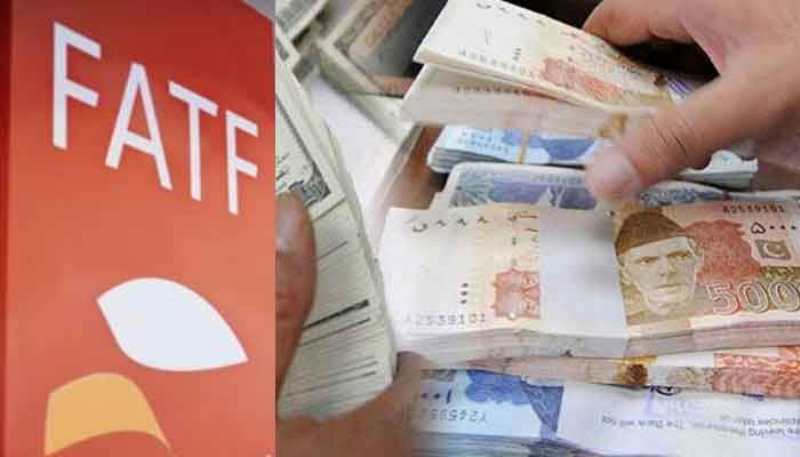
The APG delegation is currently on a three-day visit to Pakistan for mutual evaluation as part of second country risk assessment report is likely to issue a formal warning before its departure.
“The crux of first two days of interactions is that they (APG) consider us very good on paper — legislation, regulation, data collection and notifications — mostly involving the federal government, but highly non-performing at provincial and district levels where such POs and non-profit organisations (NPOs) actually operate,” a senior official told media.
Authorities of the Securities and Exchange Commission of Pakistan, Financial Monitoring Unit, law enforcement and intelligence agencies, ministries of foreign affairs and interior, National Counter Terrorism Authority, Federal Investigation Agency and Counter Terrorism Departments of the provinces participated in the two-day interaction.
The official said the situation was such that Finance Minister Asad Umar had directed the newly appointed finance secretary to give top priority to ‘problem areas’ in consultation with the federal and provincial agencies and plug deficiencies so that a robust report could be submitted to the FATF by third week of April.
This followed a joint commitment of the civil and military leadership in recent meetings that all institutions had to put their act together to get the country out of the FATF’s grey list.
The delegation was satisfied with anti-money laundering law and regulations of the SECP and controls of the SBP, the official said.
The delegation demanded that activities of proscribed organisations and their workers should be kept under stringent monitoring on a sustainable basis and their fund raising activities and transportation of their proceeds should be totally blocked and focus should increase towards informal means like passenger transport and cash couriers, he said.
Pakistan has declared as high risk all the eight entities and related elements specifically named by the FATF as threat to global financial system after February 18-22 meetings of the global watchdog against financial crimes.
The high risk description means the government has to start monitoring and re-examining their activities and profiles under heightened security checks at all layers of legal, administrative, investigative and financial regimes.
The FATF had noted that Pakistan had revised its terror financing risk assessment, but did “not demonstrate a proper understanding of the terror financing risks posed by the Islamic State group, AQ (Al Qaeda), JuD, FIF, LeT (Lashkar-e-Taiba), JeM, HQN (Haqqani Network), and persons affiliated with the Taliban”.
In June 2018, Pakistan made a high-level political commitment to work with the FATF and APG to strengthen its AML/CFT regime and to address its strategic counter-terrorism financing-related deficiencies by implementing an action plan to accomplish these objectives. The successful implementation of the action plan and its physical verification by the APG will lead the FATF to clear Pakistan out of its grey list or move it into the black list by September 2019.
272**2050
Follow us on Twitter @IrnaEnglish
 solhkhabar | Peace International News Agency Peace International News Agency , Peace News , International Agency News of Peace
solhkhabar | Peace International News Agency Peace International News Agency , Peace News , International Agency News of Peace